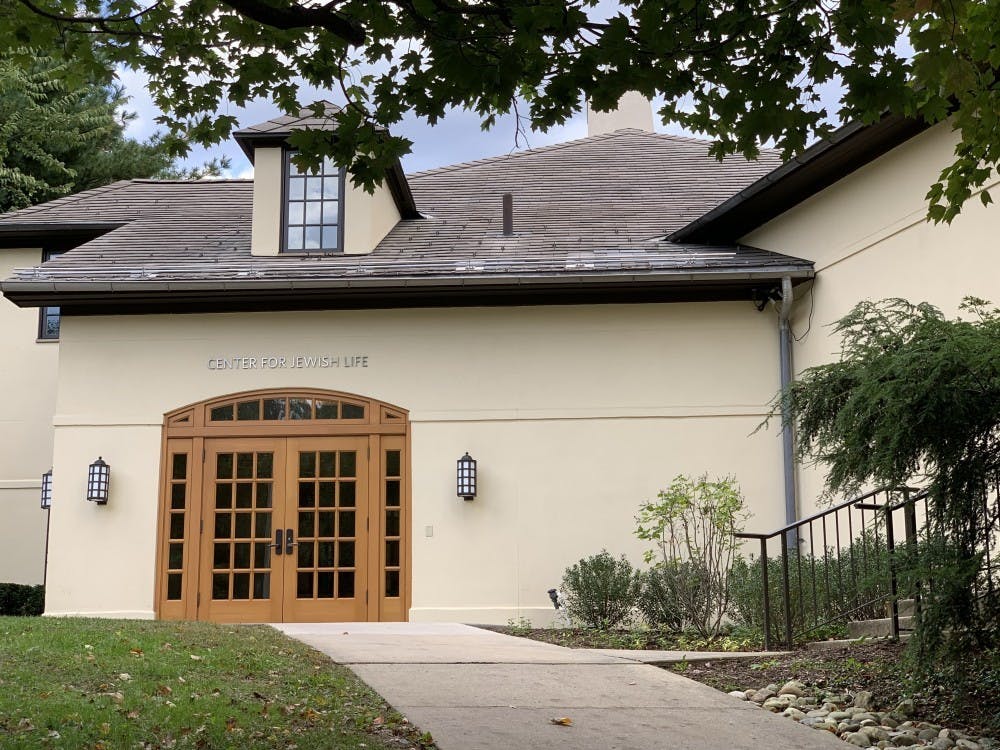We’ve all heard it: the by-now tired joke that follows a particularly clumsy fall or dumb comment. “And you got into Princeton?” the observer asks as we pick ourselves off the floor and dust off our bruised egos. Laughter ensues. Though the question is asked as a joke, there remains the insinuation that at Princeton any embarrassing misstep — physical or intellectual — can somehow invalidate your place here. Indeed, there seems to be a campus ban on appearing unworldly, uncultured or unintelligent, an unspoken agreement to position Princeton not as a place for learning but as a place for the learned. What is it about being among the often remarked “best and brightest” that makes us wary of ever admitting that in some areas we are the “worst and dullest”?
Remarks — like one I heard last week by a professor — that “you won’t be cultivated” unless you’ve read “A Midsummer Night’s Dream” certainly don’t help facilitate discussions. Framing discussions from a “What do you know?” standpoint instead of a “What have you learned” standpoint makes a gap in knowledge seem like a failing on the part of the student. I recognize that teachers would be happy to explain these ideas for students who don’t know. And I recognize that students can take personal responsibility by contributing what they can to a conversation regardless of previous knowledge. But often the wording of such discussions makes it easier for a student to sit quietly than to ask for clarification. In short, the culture at Princeton creates a stigma about saying “I don’t know.” When it comes to solving the “I don’t know” problem both those who know and those who don’t can make a greater effort to bridge the divide.
Well world, here I am ready to admit it. My name is Becky Kreutter, I go to Princeton and I just don’t know.
I can’t recognize Bach’s “Mass in B Minor” or Mozart’s “Piano Concerto No. 21.” I know neither the works of Impressionist painters nor even the names of the painters themselves. I’ve never read “The Iliad” or been through Dante’s “Inferno.” I stumble on big words and get lost in mathematical proofs. My knowledge of Socrates, Plato and Aristotle is rudimentary at best. When it comes to the works of art, music, literature or theater that “everyone should know about,” I simply don’t. I can’t program an iPhone app or mix a track. If you’re looking for answers on religion, anthropology, math theory, engineering, statistics or practically any of the host of possible course paths offered here, try Siri before asking me.
And, from what I’ve heard, I’m not alone. It seems that Princetonians, or at least freshman Princetonians, are afraid to admit that we don’t have all the answers. That behind the stereotypical resume of stellar SAT scores, perfect grades and a “well-rounded” palate of extracurriculars that got us here we are still woefully ignorant, afraid that any lack of knowledge will be deemed a failure by our all-too-brilliant peers. It becomes easy to forget that we’re all playing the same game, that, though the person you are talking to knows a lot, they don’t know all.
Now, I fully realize that I’m exaggerating the problem. I know that this doesn’t apply to every Princeton student, or even every situation for any given Princeton student. There are some situations in which we will freely admit our inadequacies and work together to fix them or use our lack of knowledge as a start to a great conversation. But the point remains that too often we allow expectations about what a Princeton student “should know” to hold us back. We hold ourselves back when the fear of embarrassment leads us to hide what we don’t know instead of learn about what we don’t know. Specifically, a BS-ed answer in lecture, an unasked question in precept, an intimidated nod when a peer talks about summer research each represents an opportunity missed. Admitting we don’t know something would allow us to discuss ideas with someone who knows more about a subject than we and in turn break down the stigma against not knowing something to allow others to ask questions and learn from us.
So for all of us that have given the off-the-cuff BS answer hoping to avoid rebuke in precept after not doing a reading, or nodded along as a classmate discussed the brilliance of Hamlet, or been intimidated hearing about someone’s summer accomplishments in comparison to our state of vegetation in front of the TV, no more. Let’s own up to what we don’t know and learn from those who do. Not sometimes, not when it’s least embarrassing, not only with certain people, but always. Why shouldn’t we acknowledge that we are students in the process of learning?
My name is Becky Kreutter, I go to Princeton and I just don’t know. But if you’d explain it to me ...
Rebecca Kreutter is a freshman from Singapore. She can be reached at rhkreutt@princeton.edu.








